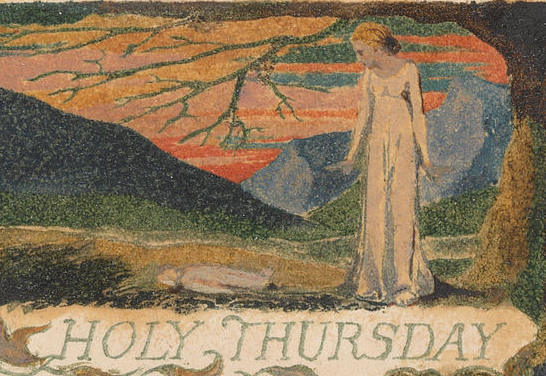Note: If you wish to receive, via e-mail, (1) my weekly newsletter or (2) daily copies of these posts, notify me at [email protected] and indicate which you would like. I promise not to share your e-mail address with anyone. To unsubscribe, send me a follow-up email.
Christ the King Sunday
Today is “Christ the King” Sunday, which celebrates the prospect of Jesus reigning “over the minds of individuals by his teachings, in their hearts by His love, in each one’s life by the living according to His law and the imitating of His example” (to borrow Pope Pius XI’s description). As I read over today’s Gospel reading from Matthew (25:31-46), I found myself wondering what Trump-supporting Evangelicals think of the passage.
After all, the way today’s MAGA Republicans seek to slash programs for the poor while cutting taxes for America’s wealthiest—all the while cheering on a man who dreams of creating vast detention camps for the “vermin” who are “poisoning the blood of our country”—would seem to put them in Jesus’s goat category:
Jesus said, “When the Son of Man comes in his glory, and all the angels with him, then he will sit on the throne of his glory. All the nations will be gathered before him, and he will separate people one from another as a shepherd separates the sheep from the goats, and he will put the sheep at his right hand and the goats at the left. Then the king will say to those at his right hand, ‘Come, you that are blessed by my Father, inherit the kingdom prepared for you from the foundation of the world; for I was hungry and you gave me food, I was thirsty and you gave me something to drink, I was a stranger and you welcomed me, I was naked and you gave me clothing, I was sick and you took care of me, I was in prison and you visited me.’ Then the righteous will answer him, ‘Lord, when was it that we saw you hungry and gave you food, or thirsty and gave you something to drink? And when was it that we saw you a stranger and welcomed you, or naked and gave you clothing? And when was it that we saw you sick or in prison and visited you?’ And the king will answer them, ‘Truly I tell you, just as you did it to one of the least of these who are members of my family, you did it to me.’ Then he will say to those at his left hand, ‘You that are accursed, depart from me into the eternal fire prepared for the devil and his angels; for I was hungry and you gave me no food, I was thirsty and you gave me nothing to drink, I was a stranger and you did not welcome me, naked and you did not give me clothing, sick and in prison and you did not visit me.’ Then they also will answer, ‘Lord, when was it that we saw you hungry or thirsty or a stranger or naked or sick or in prison, and did not take care of you?’ Then he will answer them, ‘Truly I tell you, just as you did not do it to one of the least of these, you did not do it to me.’ And these will go away into eternal punishment, but the righteous into eternal life.”
Perhaps some combination of prosperity theology and Calvinist predestination allows Trump “Christians” to think of themselves as sheep. Perhaps they imagine that they are bound for “eternal life” because they are amongst the elect while the poor deserve their punishment.
For me, Matthew’s passage is about the here and now rather than some future life-after-death. While I don’t much care for the monarchical metaphor, I read it as a vision of the paradise we should be working towards while still alive. The deep joy that comes with reaching out to those in need contrasts dramatically with the mental hell of resentment, anger and fear that arises when one ignores or contributes to suffering. The sadistic satisfaction that comes with watching Trump vent his spleen against his enemies ultimately leaves one feeling hollow, despite its temporary high. A deep love for others and a deep love for God (a.k.a. creation) is the only way to experience genuine peace and joy.
Which brings me to William Blake, who both calls out his hypocritical Christian society and imagines a world where the sun shines and thorn-free fields produce a bounty for all. Think of the sun here as an internal state. Despite their suffering, the children catch glimpses of it while they are singing their songs of joy. As Blake’s other “Holy Thursday” poem (the one in Songs of Innocence) describes the hymn-singing children, “Now like a mighty wind they raise to heaven the voice of song/ Or like harmonious thunderings the seats of Heaven among.”
Although we appear to be a rich and fruitful land, when it comes to our “many children poor,” we reveal ourselves as “a land of poverty.”
Holy Thursday
Is this a holy thing to see,
In a rich and fruitful land,
Babes reducd to misery,
Fed with cold and usurous hand?
Is that trembling cry a song?
Can it be a song of joy?
And so many children poor?
It is a land of poverty!
And their sun does never shine.
And their fields are bleak & bare.
And their ways are fill’d with thorns.
It is eternal winter there.
For where-e’er the sun does shine,
And where-e’er the rain does fall:
Babe can never hunger there,
Nor poverty the mind appall.
